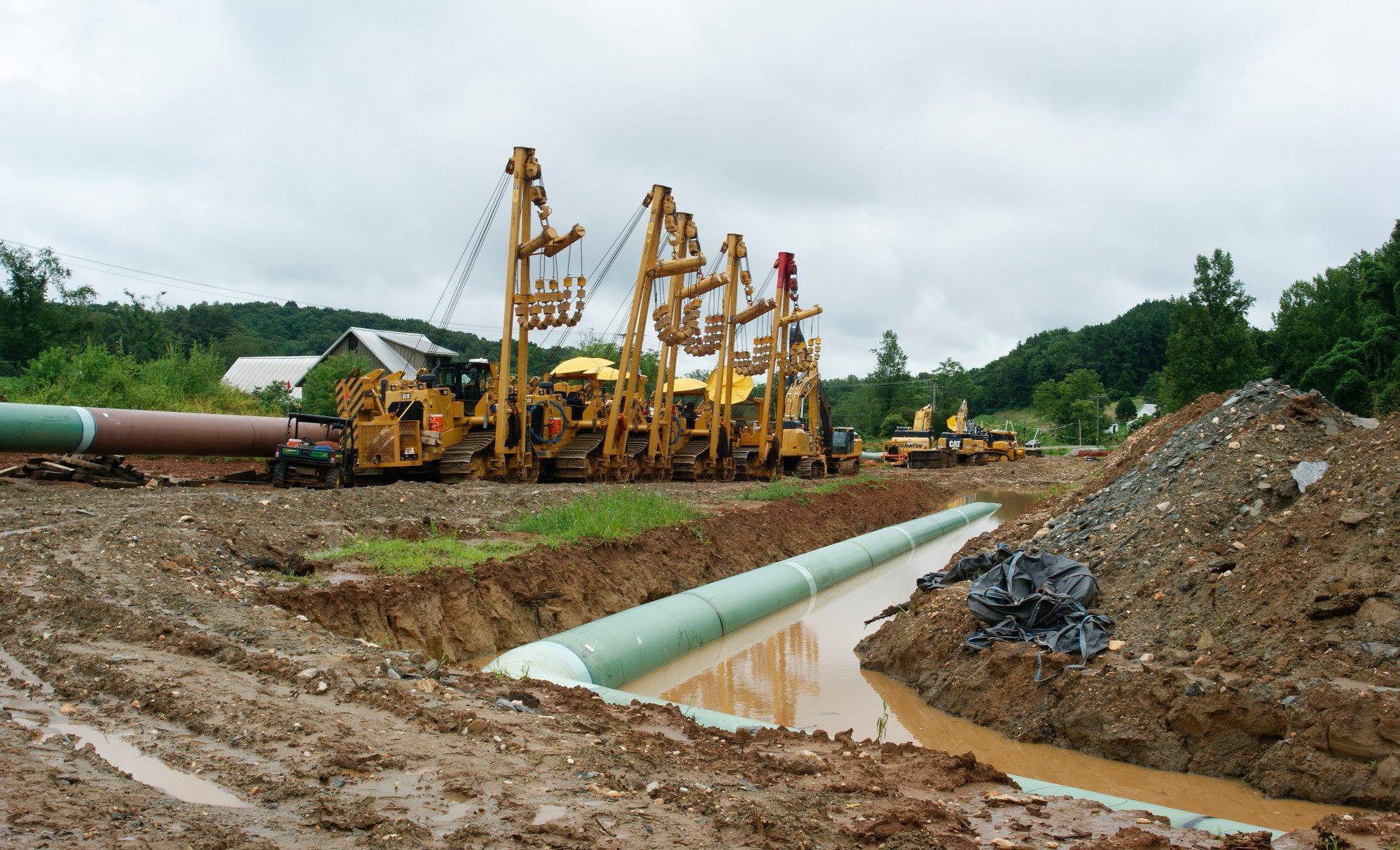Cutting Environmental Safeguards: A Dangerous Gamble with Public Well-being
Environment
2025-04-24 16:24:03Content

In a controversial move that has sparked immediate debate among environmental advocates, the Department of Interior unveiled an ambitious plan yesterday to dramatically accelerate environmental review processes for energy projects. The proposed changes would compress review timelines to less than 30 days, covering a broad spectrum of energy initiatives including coal, oil, gas production, and transmission infrastructure.
Critics argue that the proposed deadlines are not just aggressive, but potentially unrealistic and potentially dangerous. By imposing such tight constraints, the department risks compromising thorough environmental assessments that are crucial for protecting ecosystems and public lands. The sweeping proposal suggests a significant shift towards expediting energy development, potentially at the expense of comprehensive environmental scrutiny.
Environmental experts warn that such abbreviated review periods could lead to overlooked ecological impacts and rushed decision-making. The plan represents a stark departure from traditional, more methodical approaches to evaluating the environmental consequences of large-scale energy projects.
While the Department of Interior frames the initiative as a way to streamline bureaucratic processes and accelerate energy infrastructure development, environmental groups are preparing to challenge what they see as an arbitrary and potentially harmful approach to environmental protection.
Environmental Oversight Gutted: A Critical Examination of Accelerated Project Approvals
In an unprecedented move that signals a dramatic shift in environmental policy, federal regulators are poised to fundamentally transform the landscape of infrastructure and energy project development through radical procedural modifications that could have far-reaching consequences for ecological preservation and sustainable development.Urgent Reforms Threaten Decades of Environmental Protection Protocols
The Erosion of Comprehensive Environmental Review Processes
The Department of Interior's recent proposal represents a seismic disruption in environmental regulatory frameworks. By dramatically condensing review timelines for energy infrastructure projects, the initiative threatens to undermine decades of carefully constructed environmental safeguards. Traditional environmental impact assessments, which historically required meticulous scientific analysis and comprehensive stakeholder consultations, are now being compressed into unrealistically truncated timeframes. These proposed changes would fundamentally alter the intricate balance between economic development and ecological preservation. Complex environmental reviews that previously required months of rigorous scientific investigation and multi-stakeholder engagement would now be expected to conclude within mere weeks, raising significant concerns about the depth and quality of environmental impact assessments.Implications for Sustainable Energy and Ecological Preservation
The accelerated approval mechanism disproportionately impacts sensitive ecological zones and regions with complex environmental ecosystems. By prioritizing expedited project approvals, the new guidelines potentially expose pristine landscapes and biodiversity hotspots to unprecedented developmental pressures. Energy sector experts warn that such rapid review processes could create substantial long-term environmental risks. The compressed timelines may prevent comprehensive evaluations of potential ecological disruptions, wildlife habitat fragmentation, and broader environmental consequences associated with large-scale infrastructure and energy projects.Economic and Regulatory Landscape Transformation
This regulatory shift represents more than a procedural modification; it signals a profound recalibration of the relationship between governmental oversight and industrial expansion. The proposed changes suggest a strategic realignment that prioritizes economic acceleration over comprehensive environmental protection. Industry stakeholders are divided, with some praising the potential for streamlined project approvals and reduced bureaucratic friction, while environmental advocacy groups vehemently oppose what they perceive as a systematic dismantling of critical environmental safeguards.Technological and Scientific Considerations
Modern environmental assessment methodologies require sophisticated technological interventions and interdisciplinary scientific approaches. The proposed accelerated review process potentially undermines these complex evaluation mechanisms, reducing nuanced scientific assessments to perfunctory checkbox exercises. Advanced geospatial mapping, ecological modeling, and comprehensive environmental impact simulations demand substantial temporal and intellectual investments. By artificially constraining review timelines, regulators risk compromising the scientific integrity of these critical evaluations.Legal and Regulatory Challenges
The proposed guidelines are likely to face significant legal challenges from environmental organizations, indigenous communities, and conservation groups. Constitutional and administrative law experts anticipate protracted litigation challenging the constitutionality and scientific validity of these expedited review protocols. Potential legal battles could further complicate project timelines, potentially negating the intended efficiency gains and creating prolonged regulatory uncertainty for infrastructure and energy development initiatives.RELATED NEWS
Environment

Green Alert: Trump Administration's Aggressive Rollback of 31 Environmental Safeguards Sparks Nationwide Controversy
2025-03-13 09:29:00
Environment

Eco-Reveal: White Knuckle Drops Stunning Environmental Trailer Series
2025-03-04 22:12:08
Environment

Green Revolution Sprouts: Aurora's Urban Forest Transforms Community Landscape
2025-04-25 18:06:26





